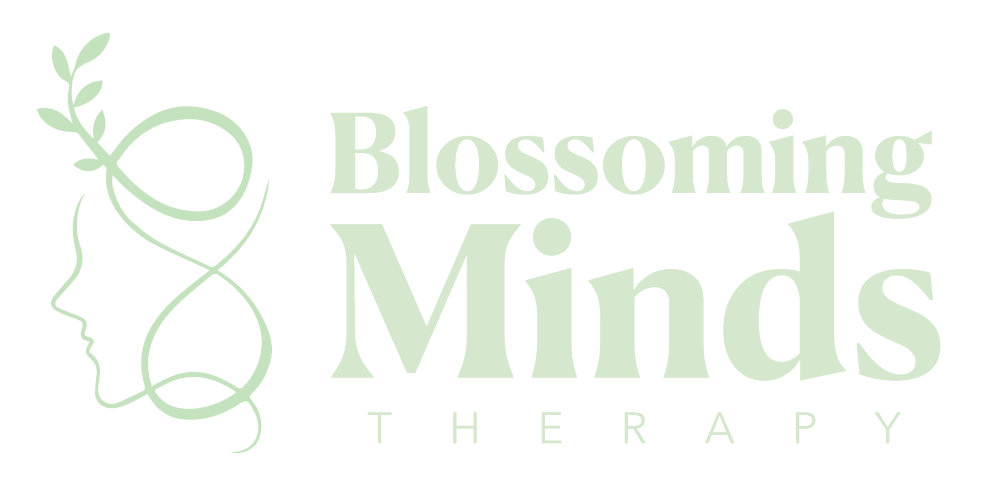What is Narcissism?
Narcissism is a type of personality disorder in which the individual has a magnified sense of importance and a deep need for admiration and attention from others. They tend to lack empathy for others and seek troubled relationships (Mayo clinic, 2017). However, they hide behind a mask of confidence and deep down they have extremely low self-esteem that is vulnerable to any form of criticism (Mayo clinic, 2017). If they don’t receive admiration or favours that they ask for they get angry and disappointed. People may not enjoy being around them. The disorder involves being self-centred and arrogant thinking; they are often described as: manipulative, patronising, selfish, cocky and demanding (Smith & Robinson, 2018).
Only celebrities are narcissists: The misconception.
The term narcissism gets thrown around nowadays and people use it incorrectly; the common misconception is that it is someone who is full of themselves (stuck-up) usually celebrities. However, this is not the case it does not mean ‘self-love’ but it does refer to being in love with a grandiose image of themselves (Smith & Robinson, 2018).
People with this personality disorder love their inflated self-image because they want to avoid their feelings of insecurity (Smith & Robinson, 2018).
Can they change?
Individuals with this disorder are often very resistant to changing their behaviour even when it is causing them issues in their relationships and everyday lives. They tend to blame others for their own actions and are very sensitive when it comes to any disagreements because they view these as personal attacks (Smith & Robinson, 2018). If you personally know a narcissist you may find yourself accepting their demands because it seems easier than dealing with their rages or coldness, nonetheless, by reading this article you may gain a better understanding of the disorder so you can protect yourself and establish boundaries.

The signs that someone might be a Narcissist?
(Mayo clinic, 2017), (Smith & Robinson, 2018).
Narcissistic romantic partners
Love bombing is extremely common amongst relationships with narcissists. It occurs at the beginning of a relationship where the person is extremely charming, praises you constantly and seems to be attached to you very quickly (Strutzenberg et al., 2016). Narcissists do this to obtain power over their partner and control their lives. The final stage of love bombing is when you suddenly realise they are no longer giving you the same attention they once gave you and you may find yourself questioning whether or not you did anything wrong.
It could also happen in domestic violent relationships after a big fight; the abuser will inflict abuse then beg for forgiveness by offering grand gestures or an excessive amount of attention (Strutzenberg et al., 2016). If you are in a relationship with a narcissist you may realise that they gaslight you which is a form of manipulation and abuse; this is done by spinning the truth and distorting your reality.
If you think to yourself ‘this seems too good to be true’ you might be right.
The effects of dealing with a narcissist.
Being in a close relationship with a narcissist whether they are your friend, family member or romantic partner can severely affect your self-esteem and confidence (Brunell & Campbell, 2011). You may start to feel isolated and lose your sense of identity, this could make you question your self-worth (Brunell & Campbell, 2011). You might notice yourself walking on eggshells when you are talking with them and find yourself prioritising their needs over your own. It is important to heal and learn how to create healthy boundaries; blossoming minds therapy can assist you enhancing your mental well-being.
Therapy strategies to help you heal.
- Mindfulness
- Awareness strategies
- Motivational therapy
- Reminders of strength and skills
- Assistance in setting boundaries
- Cognitive Behavioural Therapy
- Rational emotive therapy
References
1.Brunell, A. B., & Campbell, W. K. (2011). Narcissism and romantic relationships. The Handbook of Narcissism and Narcissistic Personality Disorder: Theoretical Approaches, Empirical Findings, and Treatmentss, 344-350. https://doi.org/10.1002/9781118093108.ch30
2.Narcissistic personality disorder - Symptoms and causes. (2017, November 18). Mayo Clinic. https://www.mayoclinic.org/diseases-conditions/narcissistic-personality-disorder/symptoms-causes/syc-20366662
Smith, M., & Robinson, L. (2018, November 2). Narcissistic personality disorder. HelpGuide.org. https://www.helpguide.org/articles/mental-disorders/narcissistic-personality-disorder.htm
3.Strutzenberg, C.C., Wiersma-Mosley, J.D., Jozkowski, K.N., & Becnel, J.N. (2016). Love-bombing: A narcissistic approach to relationship formation. https://scholarworks.uark.edu/hdfsrsuht/1




